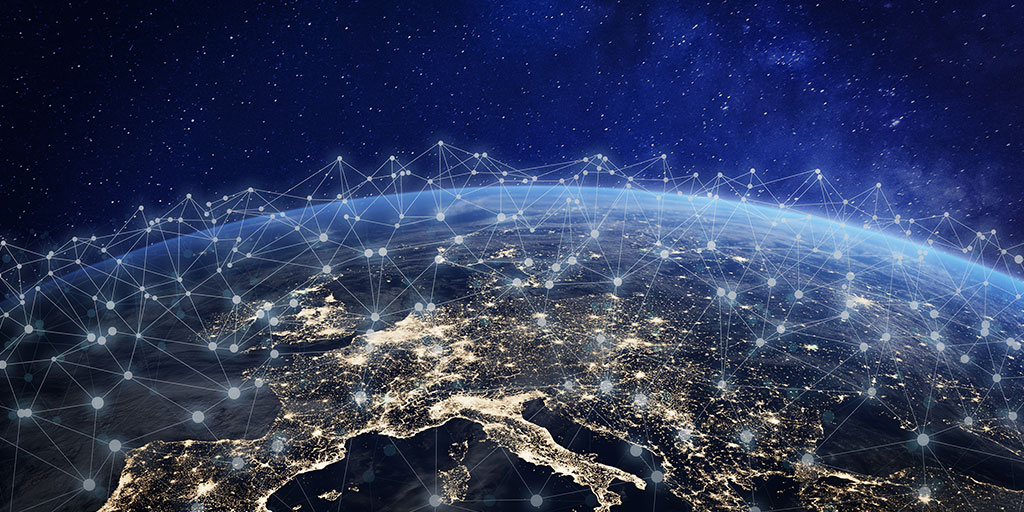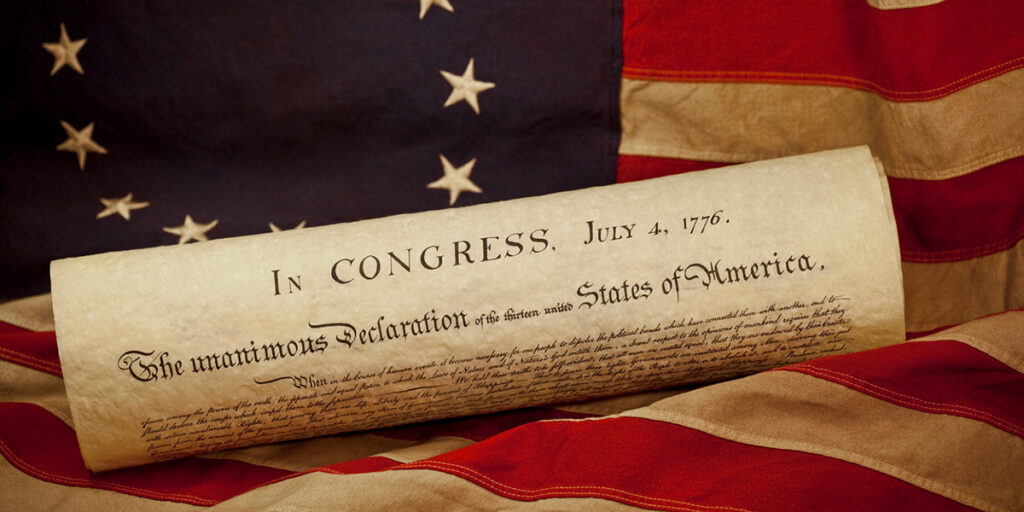The World Wide Web was invented three decades ago this week. On March 12, 1989, a revolutionary proposal was submitted by a British computer scientist named Sir Tim Berners-Lee to the European Organization for Nuclear Research. The initial response you might ask: “Vague, but exciting…”
This was the same year the Berlin Wall came down. It was also the year of Tiananmen Square. The World Wide Web was born just five years after the AT&T breakup. Five years later came a famous website called Amazon. The rest, as they say, is history. The World Wide Web has created vast investment opportunities and that trend is irreversible.
Though often used interchangeably, the World Wide Web and the Internet are different. The Internet itself already existed in 1989. No, it wasn’t invented by Al Gore. Its true architect seems still unclear, but its beginnings seem to have come from global collaborations of government and academia. It was essentially in the form of large networks of connected computers. The World Wide Web is a service that operates over the Internet, just like email.
Berners-Lee first bought a high-performance NeXT computer, designed by Steve Jobs, after he left Apple. It became the first web server. The idea was to provide universal access to use the Internet, which was in its infancy. The goal was not just to just communicate, but to store and access vast troves of online documents and data.
The first website was created in 1991, starting with that now famous WWW in front. The website’s landing page described the World Wide Web as “a wide-area hypermedia information retrieval initiative aiming to give universal access to a large universe of documents.” Today, most just call it “the web.”
The inventor of the web was critical of the evolution saying the web is no longer a “force for good” and laying out three “sources of dysfunction” on the modern internet. Those include malicious online behavior like government hacking and online bullying, as well as companies’ pursuit of advertising revenue that can result in the spread of misinformation and the exploitation of users’ personal information. This certainly was not his vision three decades ago.
The ongoing transition to 5G will set the next stage for the World Wide Web. It will be faster, it will be more robust. The early stage of the web was hard wired. Today has become a wireless world. Mobility has exploded. So has productivity. But wires are far from gone. Cables connect much of the world. There are nearly 400 cables undersea that carry 95% of intercontinental voice and data. The controversial Chinese company Huawei is really active here, which is fueling more concerns about hacking and espionage. This is an issue far from resolution.
The advancement of the Internet has been this generation’s Industrial Revolution. It’s the Digital Revolution. Commerce and communication have become easier, faster and infinitely more efficient. It’s an exciting time to be alive. It also comes with new dangers. Be careful when you’re on the World Wide Web. It can be a dangerous place.
Have a nice weekend. We’ll be back, dark and early on Monday.
Mike







